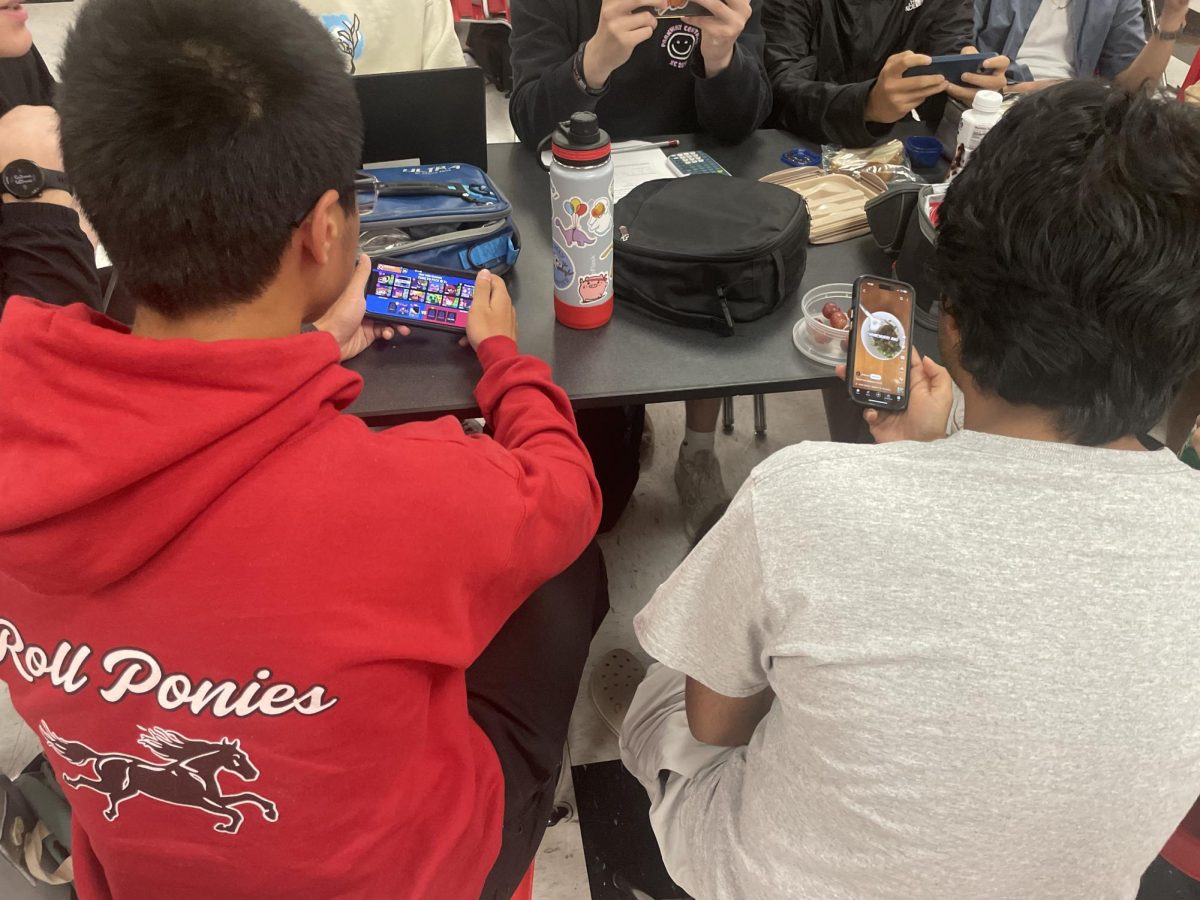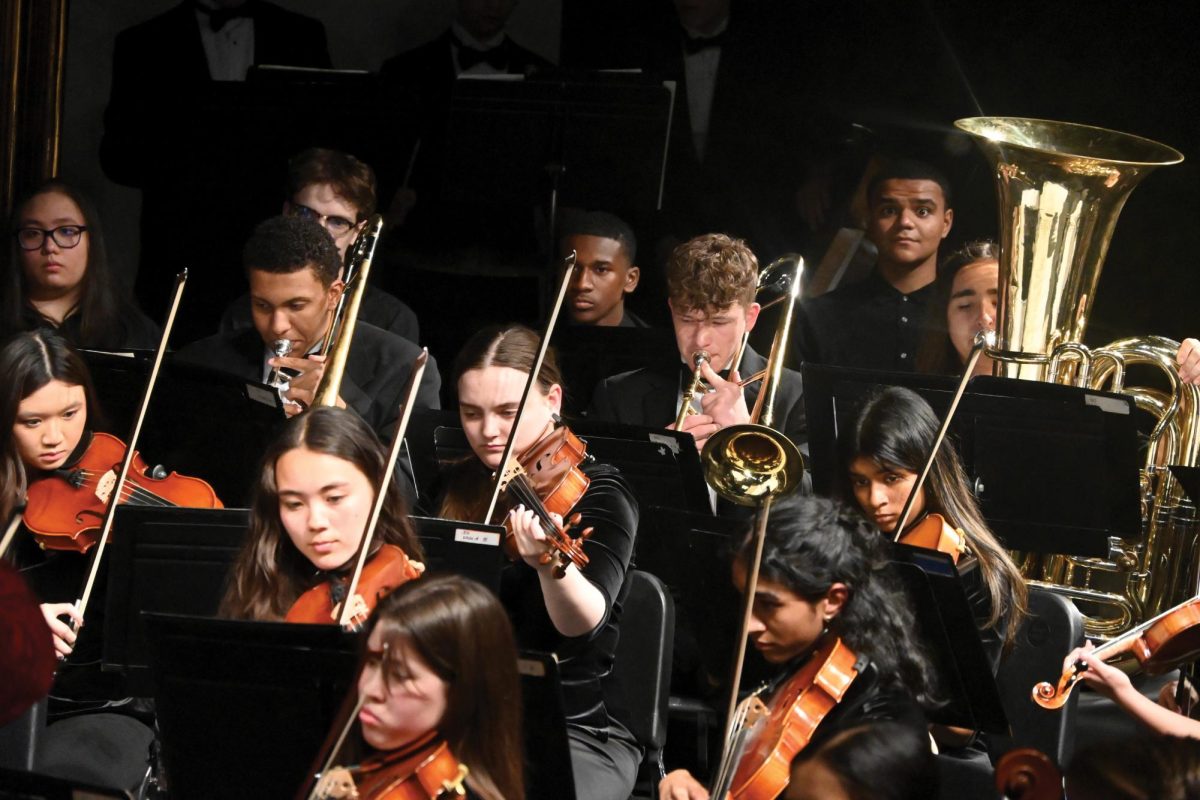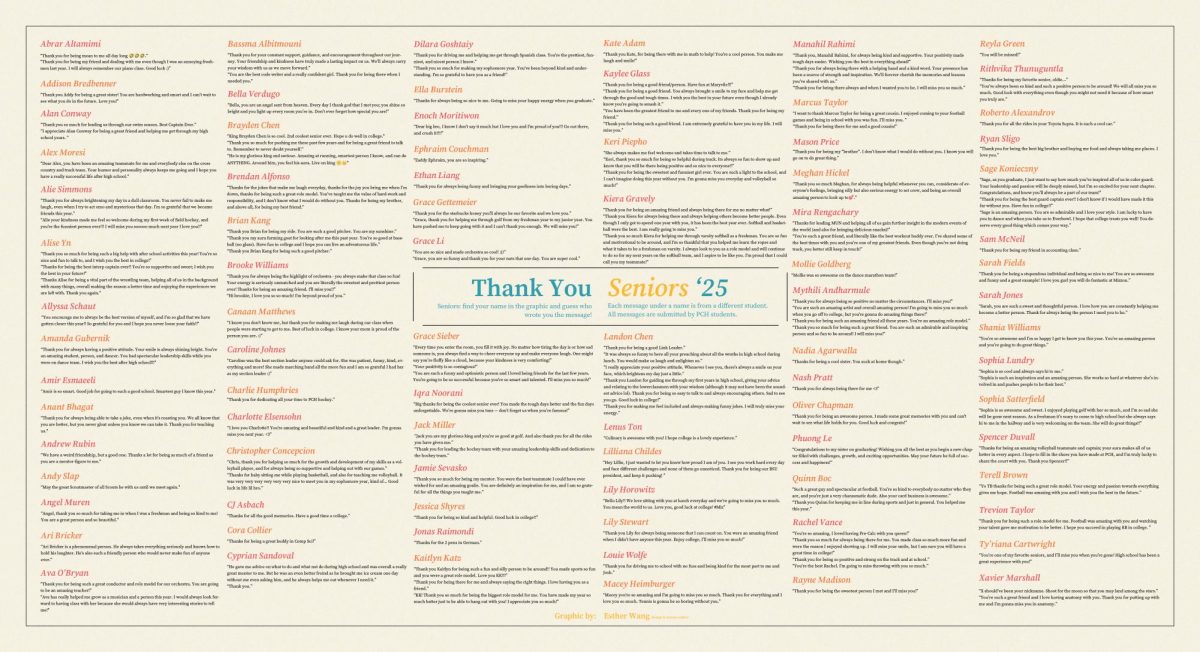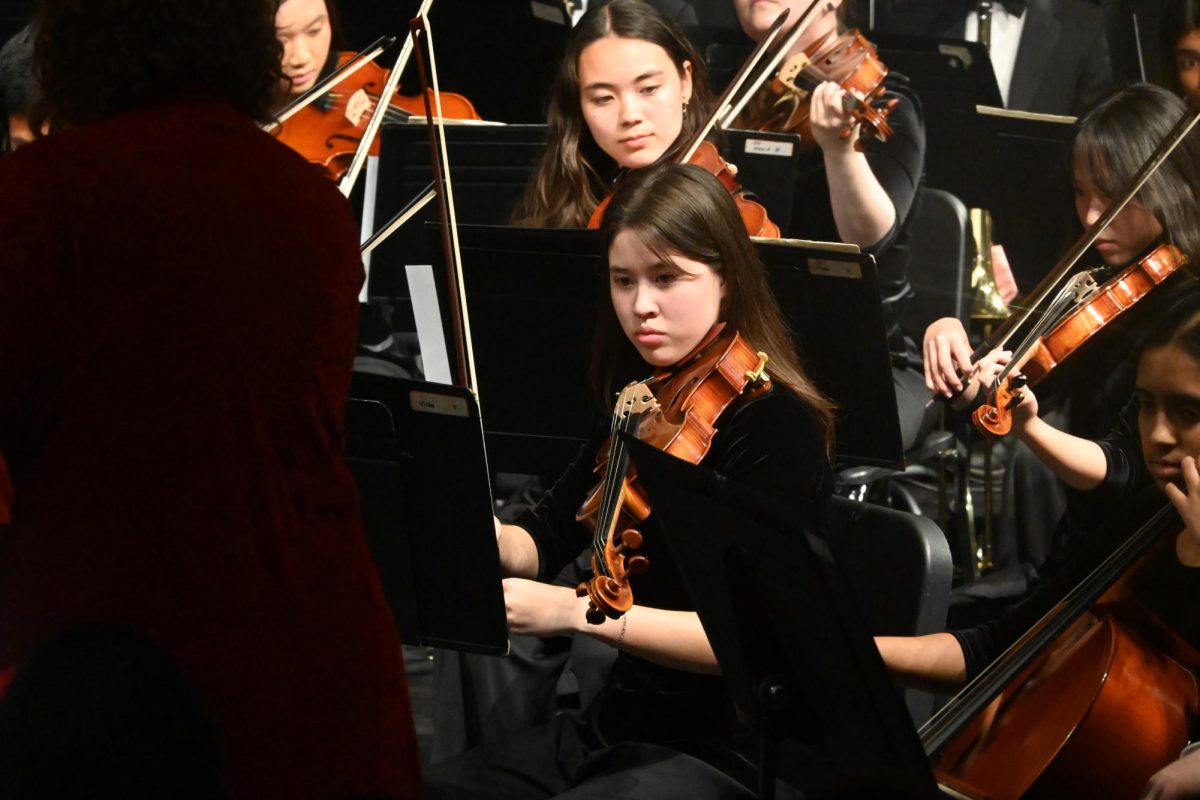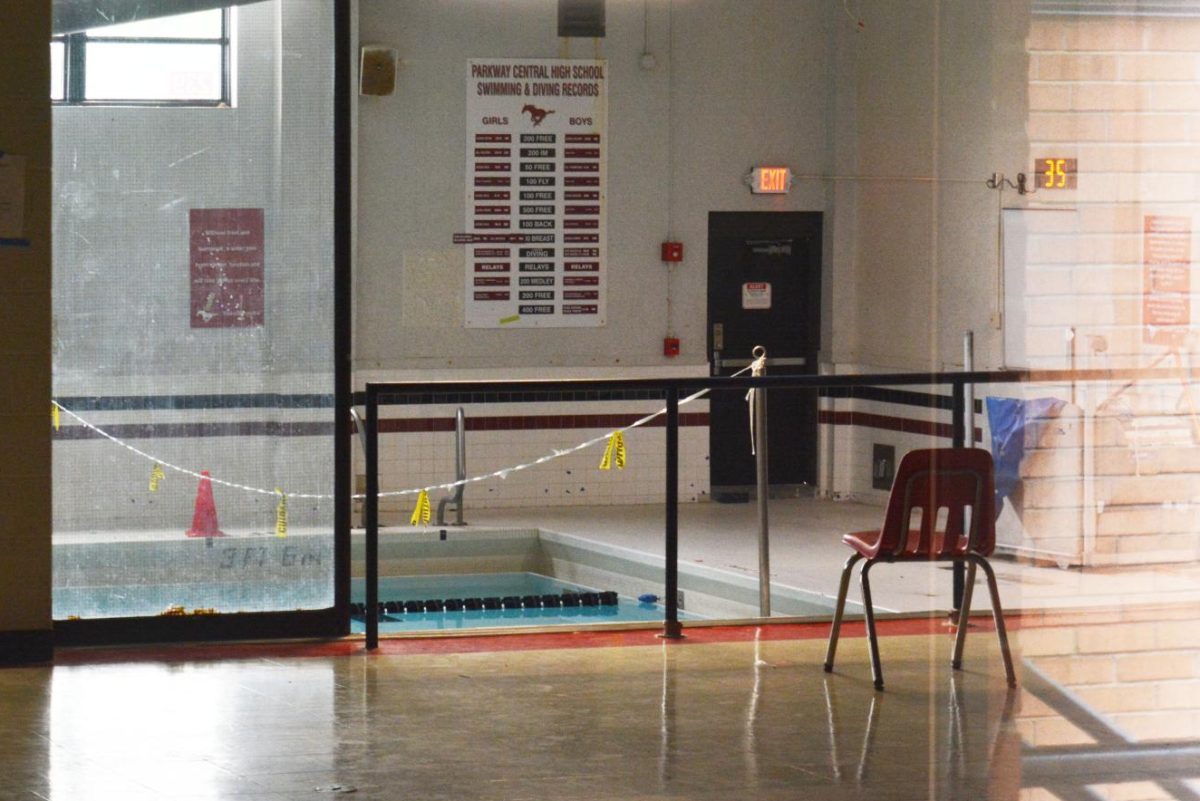Unlike most teenagers, sophomore Ethan Lau has only had a phone for a few days.
“I just got my phone five days ago because my parents decided that I should finally get a phone. I’m joining so many extracurriculars and sports, they want to keep track of where I am and to be able to contact them,” Lau said.
Lau notices how having a phone helps him communicate with others better.
“Having a phone makes it so that I can contact my friends more. So if I need help, I can connect with them much quicker. Also, I can communicate with my parents if they need me and relay any information,” Lau said.
Lau also has noticed a negative ramification of phone usage and his behavior in class.
“ I feel like without having a phone, I was a bit more focused in school,” Lau said.
Math teacher Melissa Hoormann, who has been teaching for 19 years, is no stranger to seeing the negative side of cell phone use. Hoormann has seen the role that the evolution of technology has played in the learning environment of a classroom.
“I can’t really pinpoint when the role of cell phones changed, but what I’ve noticed in the classroom is that it’s distracting. It’s distracting to me and it’s distracting to students,” Hoormann said.
Teachers like Hoormann and students like Lau are at the forefront of an ongoing debate circulating high schools across America. Should phones be allowed in school?
A key marking of Gen-Z has been the emergence of the cell phone. According to the National Institute of Health, 95% of teenagers 13-17 have access to a cellular device. However, many signs point that the cost of phone use outweighs the benefits. A study done by the National Library of Medicine shows that phones directly influence the dopamine receptors in the brain, causing phone dependency.
These studies contribute to new state policies regarding cell phone use. Kansas and Iowa are among the 27 states who are introducing laws that prohibit the use of cellphones in the classroom. Although Missouri has not formally introduced any policy that restricts phones in schools, some schools have specific policies in place. Hoormann children go to Wentzville, which has a strict zero tolerance phone policy. Hoormann said she sees the benefit of the mandate.
“The moment they walk in the building, the phones are not allowed. I like it for my kids, because there’s no gray area. It’s like you’re in the building. No cell phone, end of story,” Hoormann said.
Although Hoormann enjoys restrictions for her own children, she understands the possible drawbacks of a phone ban for high school students.
“I would love to have something, but because you’re young adults, you need to learn to balance technology, just like any other adult would,” Hoormann said.
At Parkway Central, there’s been a mixed response to the emergence of cell phones. No formal rule has been established. Phone rules vary from classroom to classroom. Hoormann, for example, has a strict phone policy including being responsible for her own phone.
“My policy is that they go into the backpack and they go on the walls, and then I do the same. I don’t have my cell phone out in class,” Hoormann said.
Hoormann has a different policy compared to other teachers, many of whom put phones in “phone jails”. Phone jails include pockets, walls, and buckets in which students must put their phones during class.
“I used to collect cell phones in a pouch so students would put them up on the wall. I really did like having them out of our hands, but I also didn’t like being responsible for these phones,” Hoorman said. “So what we’re doing is that they go into the backpack and the backpacks go on the walls.”
Lau has both classes with strict phone rules and more autonomous rules. He notices the difference in vibes in classes without phone jails.
“It’s like a little more lax, and a lot more serious, the environment is more focused and so much more learning than if people aren’t on their phone,” Lau said.
For many students, phones stand as a middle ground. Phones can sometimes help students grow in the classroom, while simultaneously being a hindrance.
“Phones can help your learning but they can also impede it. Sometimes you need phones in class to scan QR codes or whatnot, but without a phone, I feel like you’re more focused without the influence of social media,” Lau said.
Ultimately, determining phone usage requires reflection and finding a balance“ I think it’s finding the happy medium and then just understanding that it can be a time suck and it can really take away,” Hoormann said. “It can take your focus away from what you’re doing, whether that’s focusing on schoolwork or focusing on dinner with a family member or a friend.”

